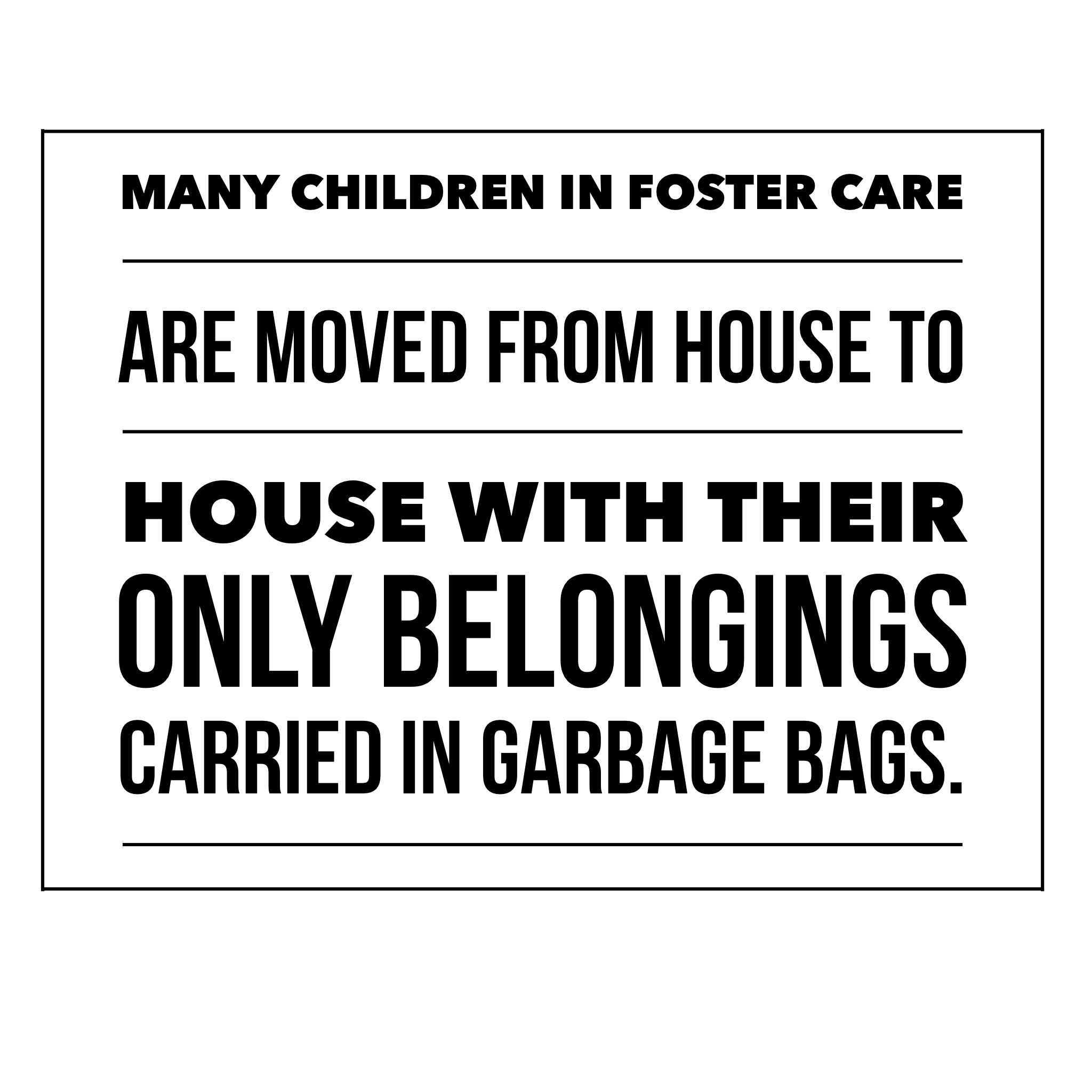Cotton Mill Christmas: Short and Sweet Christmas Devotionals
[Editor’s Note: This is a Christmas guest post by Sheila Ingle. This one is a bit of Southern Christmas nostalgia! I love all the variety this year’s writers came up with for the Short and Sweet series — the only requirements were that the Christmas devotionals be Christmas-y and under 400 words! If you’d like to take a look what’s been published so far, here are links for day 1.day 2.day 3.day 4.day 5.day 6.day 7. day 8.day 9.]
A Cotton Mill Village Christmas
There was always a Christmas program at the cotton mill school. Children memorized parts of the Christmas story from Luke, stood in a row, and recited it, verse by verse. They learned carols, and some sang solos. The school presented its program during the week of Christmas during school hours. If parents weren’t working the first shift, they attended, sat in uncomfortable straight back chairs, and beamed at their children’s performance.
In the home, Christmas trees were decorated with lead icicles and small snowflakes that the mothers crocheted. Strings of popcorn and berries were woven around the limbs. The cut trees were either a small pine or holly found in the woods and nailed to a wooden base.
At a Christmas gathering, the mill gave out Christmas bags to the children; for some families, this was the only gift their children received. The company filled the bags with a variety of fruit, candy, nuts, peanuts, dolls, and yo yos. Folks who were unable to come to the party received home delivery.
Families also received a turkey at Thanksgiving and a ham for Christmas. Wives baked chocolate and coconut pies to celebrate the holidays.
Mill families lived a hard life. It took the adults and children both working to make ends meet. Christmas didn’t erase this hard life, but for a day, they were forgotten.
Bill Shephard writes about what he bought for his family in 1935 with money he earned by cutting down and splitting wood for a neighbor.
My Christmas earnings now totaled ninety cents! If I didn’t earn another penny, I could purchase a gift for every family member and have some left for myself, ant that is exactly what I did! A small tea-set for my sister cost a dime. A pretty box of ladies’ handkerchiefs for Mom cost another dime. A necktie for Dad, which he never wore, and a pair of socks for each of my brothers cost ten cents each. I still had forty cents left for myself I purchased a box of ten rolls of caps for the cap-pistol I knew I would get from Santa, and six boxes of firecrackers, along with two boxes of sparklers. I still had a nickel left with which to buy a large bag of p-nut brittle for me.
Mr. Shephard learned early how to stretch a dollar; all mill workers did.
Read more about the lives of eight women, who brought their Appalachian traditions, butter molds, and iron skillets to the cotton mills in Sheila’s book, Tales of a Cosmic Possum.
 Sheila Ingle is a retired educator and author of five books about unknown South Carolina heroines. As a community volunteer, she teaches women’s Bible studies, serves on two local boards, and is a member of three lineage societies.
Sheila Ingle is a retired educator and author of five books about unknown South Carolina heroines. As a community volunteer, she teaches women’s Bible studies, serves on two local boards, and is a member of three lineage societies.








